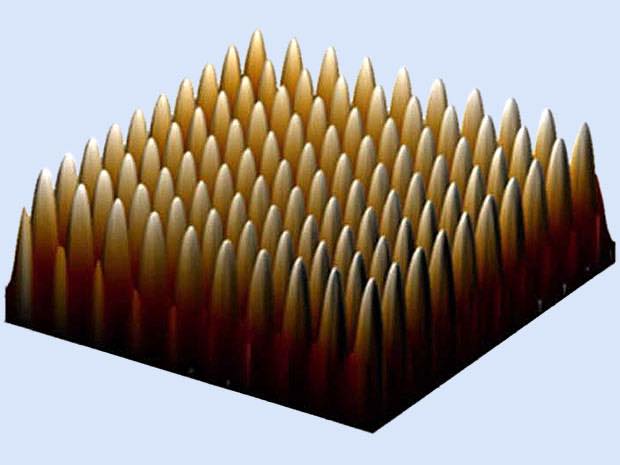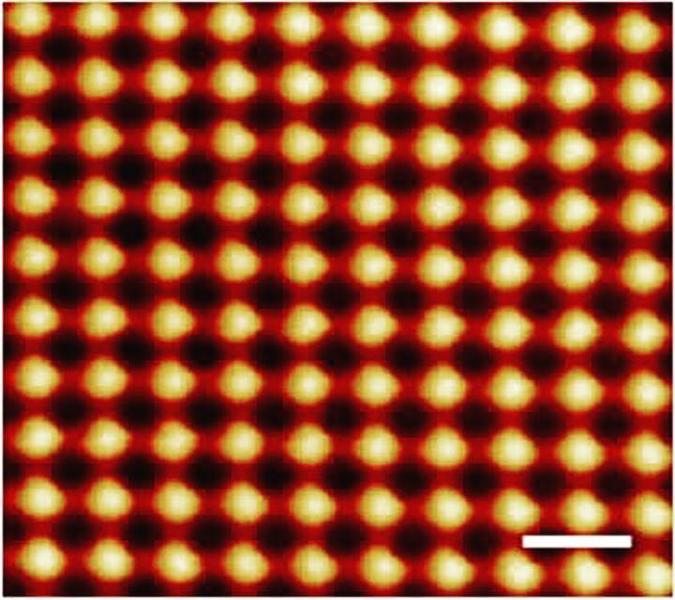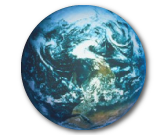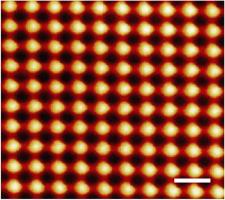It may sound coney, but Australian researchers have developed nanocones, a nanostructure material that increases solar efficiency by 15%!
The team of scientists at Royal Melbourne Institute of Technology announced the development of the nanocone, which is a type of nanomaterial that boosts the efficiency of photovoltaics by increasing their light absorbing abilities.
The cone like material works due to it's ultrahigh refractive index—the inside of each cones is an insulator and outside is a conductor—under a microscope the material looks like a mass of bullets stood up on end atop a flat base. Each cone has a metal shell coating and a core that is based on a dielectric (poor conductor of electricity) so a material made with them would be able to provide superior light absorption properties, making it perfect not just for solar cells, but also for a wide variety of photovoltaic applications from optical fibers to waveguides and even lenses. The researchers say that if such a material were used as part of a traditional thin-film solar cell, it would increase light absorption up to 15 percent in both the visible and ultraviolet range.
This is the first time that such a nanocone structure has been created and just as importantly, creating them would not require any new fabrication techniques! Nanocones could be key to making inexpensive solar cells thus taking us another step closer to a lower carbon, clean air life.

Image courtesy of RMIT UNIVERSITY (https://www.rmit.edu.au/).

Image courtesy of PHYS.ORG.

